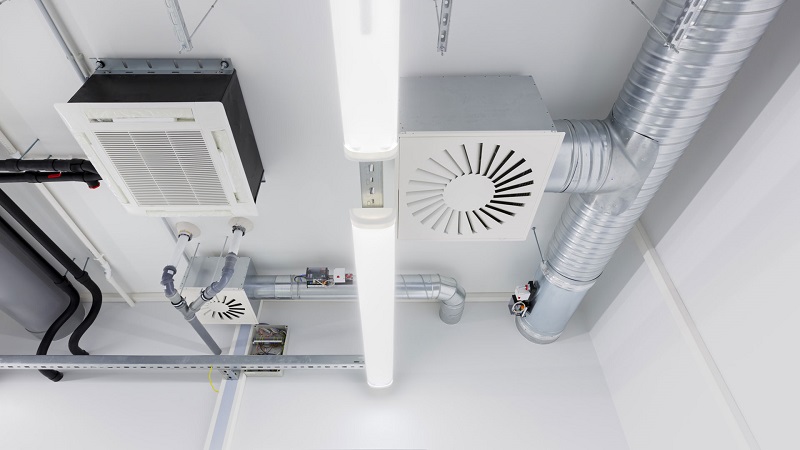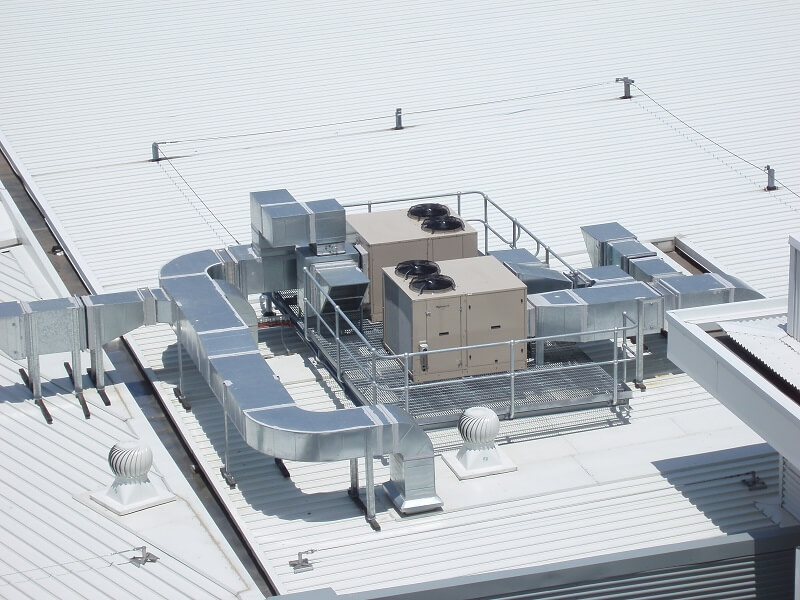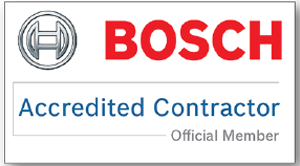If you are in the market for a new commercial AC system, what are the things you should consider before you choose new air conditioning?
Naturally, you will want to make improvements to the performance of your old systems. You know the challenges and limitations of using your current AC. If possible, you want the new system to avoid those problems altogether or, at least, make them easier to manage. As much as possible, the new system should be made to fit the unique needs of your premises.
If your current system does not measure up to the needs of your building, you should know why before you buy a new one. Or as Pinnacle Management warns, you might end up using the same yardstick used in purchasing the old system for this new one. Also, it is possible that the previous owner of your building chose the AC based on factors or considerations that no longer apply to you.
Whatever the situation with the air conditioning in your building, you now have a chance to make it better. But in order to do that, you need to approach this purchase with complete insight. Below we take a look at some of the important factors to think about before buying new air conditioning for your commercial building.
8 tips for choosing the right AC system for a commercial building

1) The Type of Building
The type of AC needed in a restaurant or boutique will be different from what you need if your building comprises individual offices. Restaurants or boutiques will benefit from a centralized cooling system that is easily controlled with one thermostat. Separate office spaces need the cooling system to be zoned. This will allow each office to choose the temperature settings that work for it.
2) The required cooling capacity
Determining the right cooling capacity of the AC is not just about measuring the square footage of your property. There are a lot of factors that go into deciding the right size of AC for the building. An undersized system will provide insufficient cooling, while an oversized one will waste energy and add to the cost of maintaining the building.

3) The climate in the building’s location
The air conditioning system for a building located in an area with very hot summers will be different from that for a building located in an area with very cold winters. Naturally, the AC in moderately hot or cool climates does not need to work as hard. This is one of the things to consider when calculating the required cooling capacity.
4) Air distribution
The building’s air distribution system imposes limitations on the kind of air conditioning that can be used in it. The quality of cooling provided by the AC depends on it being able to deliver the right amount of air. Even if the AC is the right size, if there is a mismatch between the air distribution system and the AC, the objectives will not be met.
5) The brand of AC
Quality brands will cost you more money at the beginning but they can save you money over the system’s lifetime. The savings over the lifetime of the AC is often enough to offset the initial high cost of purchasing the equipment. If you want air conditioning that will work efficiently and last longer, do not even consider buying an inferior brand.
6) The right technology
Some technicians will try to convince you to buy older AC versions because they think those are tested and, therefore, more reliable. This is bad advice because the newer versions have technology that solves the problems of the older systems. Newer versions are more energy-efficient and usually offer you more ways to control the AC.
7) The level of control
More advanced controls mean greater flexibility to adapt the system to the unique needs of your building. The AC should have a range of selections for controlling temperature and humidity levels. This not only affects how comfortable your building is, but it will also influence the overall energy use of the system.

8) Energy Star certified
For the best in energy efficiency, buy an AC system that is Energy Star certified. This guarantees that you are buying an AC which has been subjected to the most rigorous standards for energy conservation. Also, given that HVAC and lighting are the biggest consumers of energy in a building, an energy-efficient AC will greatly cut down on your utility bills.
Lastly, the very best AC system means nothing if you do not have a qualified technician to maintain it. As a matter of fact, you should talk to a professional AC technician before you even buy your AC systems. A professional AC maintenance company will ensure you get the right system for your building and also help keep the system working at its best. Contact Heath today to discuss your Ac system and any maintenance needs today!




